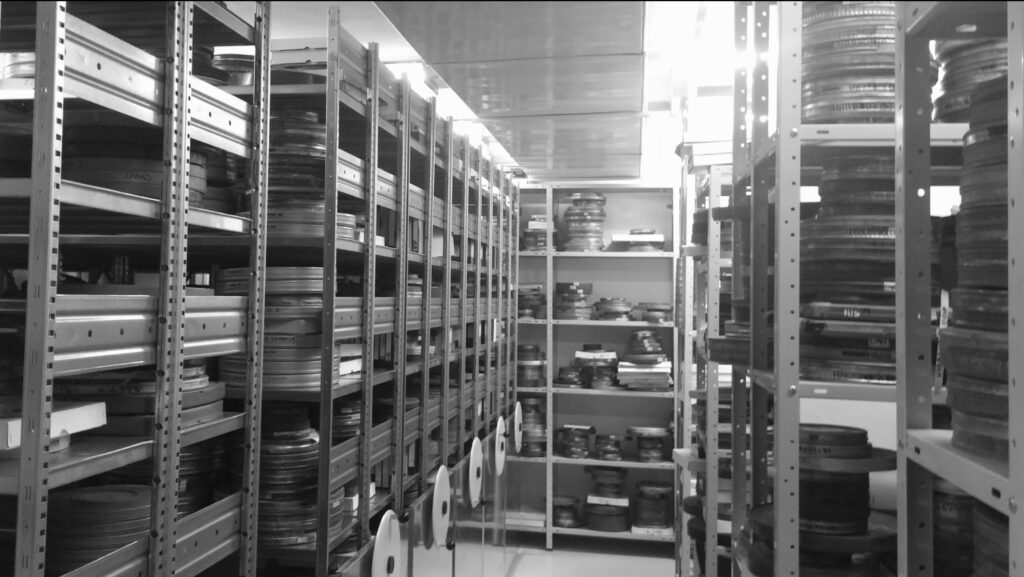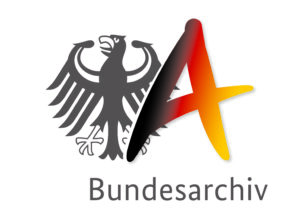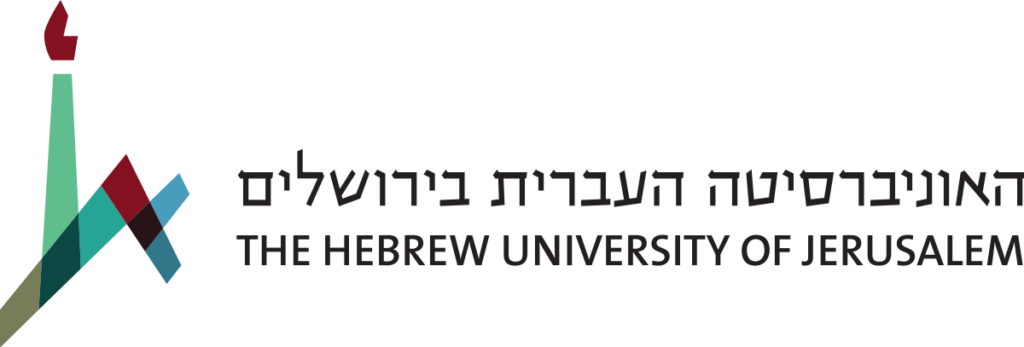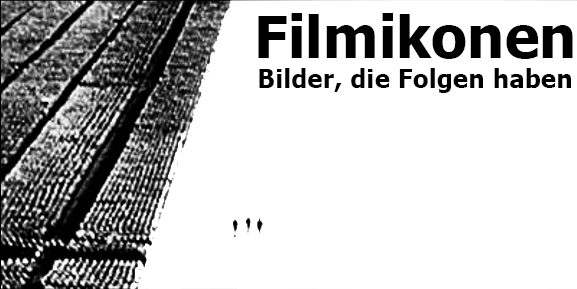“(Con)sequential Images – An archaeology of iconic film footage from the Nazi era“

The German Research Foundation (DFG) funds research on historical film footage and its appropriation
The prevalent perception of the Holocaust and the Nazi era extensively relies on a particular set of heterogeneous audiovisual materials. These include the last film sequence depicting Adolf Hitler in the newsreel Deutsche Wochenschau, footage from the Dutch transit camp Westerbork or from the Warsaw Ghetto, Reinhard Wiener’s amateur film from a massacre in Liepaja in German-occupied Latvia, Eva Braun’s home movies from Hitler’s Berghof, and Leni Riefenstahl’s Triumph of the Will (1935). Yet the provenance, afterlife, and various versions of these films remain largely unknown.
A new project intends to change this. On April 1, 2021, the Film University Babelsberg and the Hebrew University of Jerusalem will launch a collaborative project “(Con)sequential Images – An archaeology of iconic film footage from the Nazi era” with a projected length of eight years. Professor Dr. Chris Wahl and Dr. Tobias Ebbrecht-Hartmann will serve as principal investigators of this long-term research, which is funded by the German Research Foundation (DFG).
Employing an archeological approach, the research aims to reconstruct and analyze the provenance and appropriation of several iconic film sequences originating from the National Socialist era. Based on empirical data, the project intends to evaluate the roles and functions of audiovisual sources for remembrance culture.
“By exploring the material itself,” says Prof. Dr. Wahl of the Film University Babelsberg, “and with the help of additional contextualizing documents, we want to learn more about the origin and function of these iconic films.” Besides exploring issues of provenance, the project also aims how these films came to be used in visual culture in general, and in later films in particular. “The process of iconization,” explains Dr. Ebbrecht-Hartmann of the Hebrew University, “the constant circulation, appropriation, and recontextualization of these historical films in other films from the 1940s until today, has not yet been studied.”
The project results will be documented in an online database and will be published in academic journals and books. In addition, the results will inform video essays, provide the basis for resources for special DVD-editions, and will be used for developing new educational approaches.




